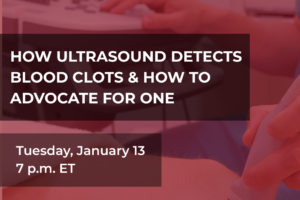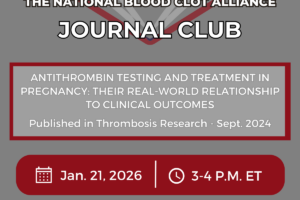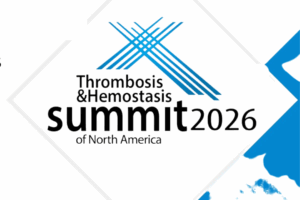May 6, 2022
The US Food and Drug Administration announced in a recent statement that they decided to limit the emergency use authorization of the J&J COVID-19 vaccine to people 18 and older for whom the other vaccines aren’t appropriate or accessible and those who opt of J&J because they wouldn’t otherwise get vaccinated.
The change is being made because of the risk of a rare and dangerous clotting condition called thrombosis with thrombocytopenia syndrome (TTS) after receiving the vaccine and also applies to the booster dose. These clotting issues first came up during the spring of 2021 with the J&J vaccine, and the Centers for Disease Control recommended the use of other vaccination methods be used over the J&J vaccine.
COVID-19 causes deadly blood clots, too. But the vaccine-linked blood clots are different, believed to form due to a rogue immune reaction to how the J&J vaccines are made with symptoms beginning one to two weeks after vaccination. These clots form in unusual places, such as veins that drain blood from the brain, and in patients who also develop abnormally low levels of the platelets that form clots. Symptoms include shortness of breath, chest pain, leg swelling, persistent abdominal pain, neurological symptoms like headaches or blurred vision, or red spots just under the skin called petechiae beyond the site of vaccination.
Overall, the risk of TTS is extremely rare: about three cases for every million doses of vaccine administered. The highest rate of TTS has been in women 30 to 49 years of age.
The FDA says it has determined that the benefits of the J&J vaccine still outweigh the risks for certain people, such as those who had a severe allergic reaction to an mRNA vaccine (Pfizer/BioNTech or Moderna), those with personal concerns about the mRNA vaccines who would remain unvaccinated otherwise, and those with limited access to mRNA COVID-19 vaccines.
Read more about this here:
- FDA restricts J&J’s Covid-19 vaccine due to blood clot risk
- FDA sharply limits use of Johnson & Johnson shot due to rare blood clots







